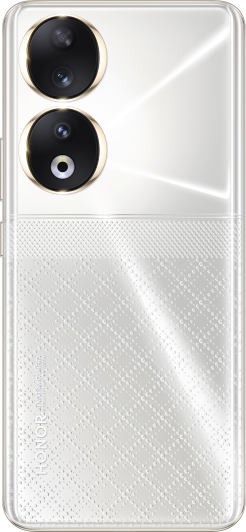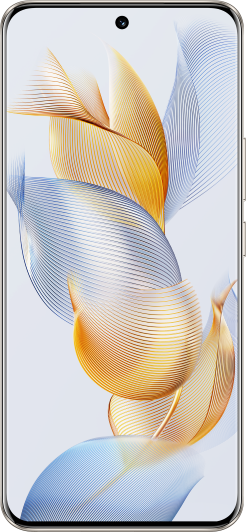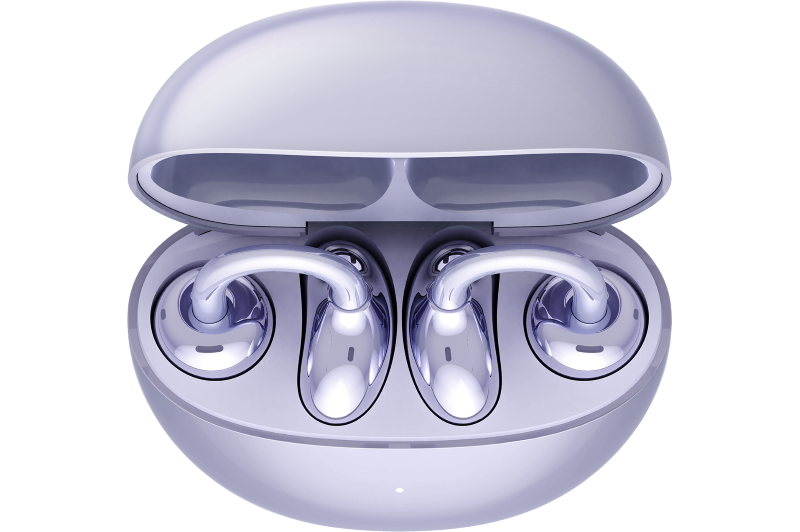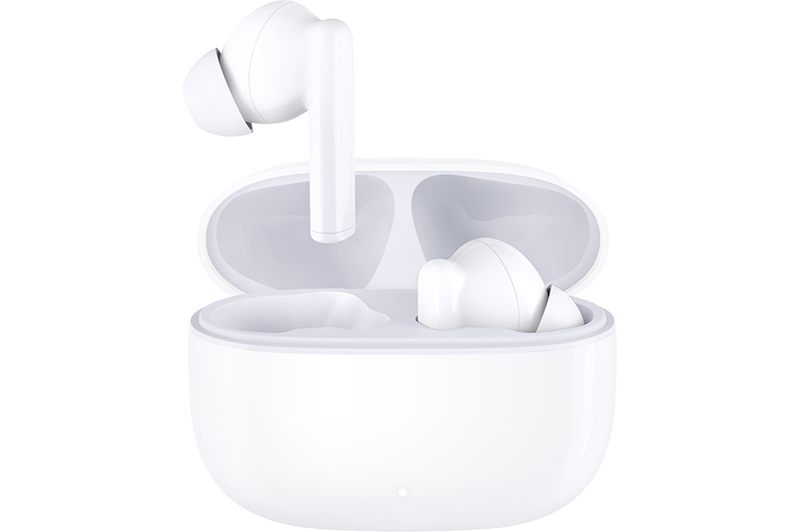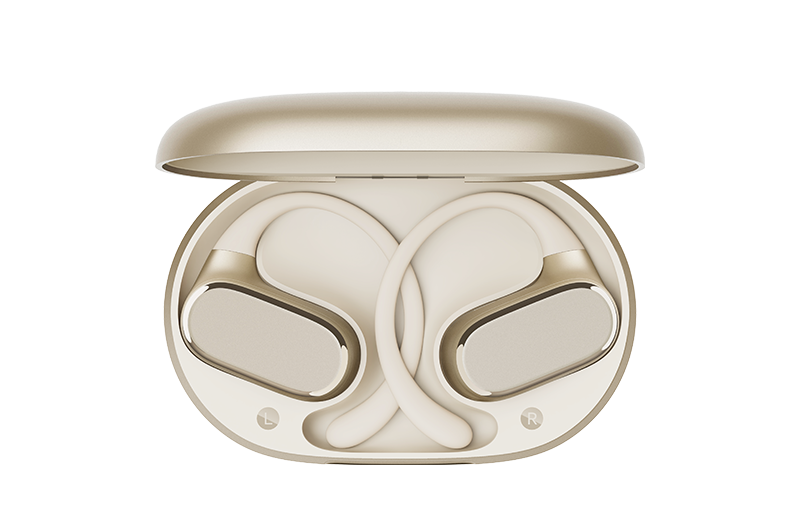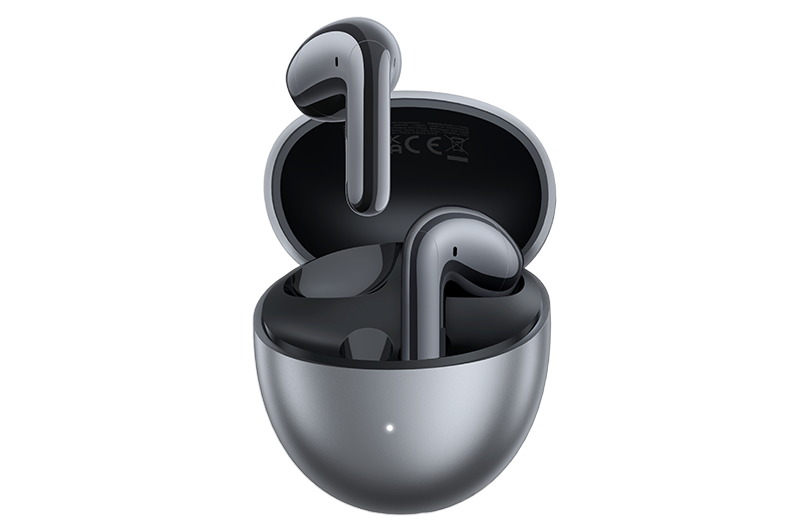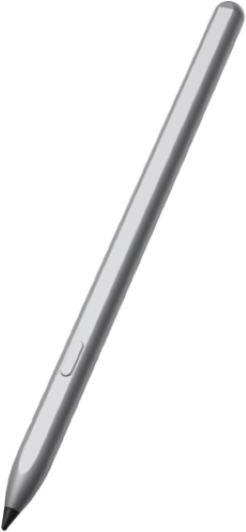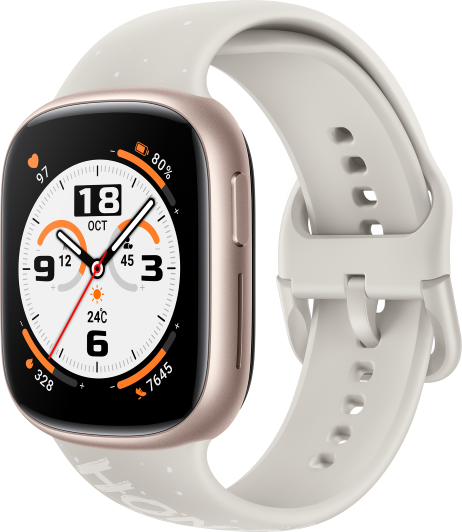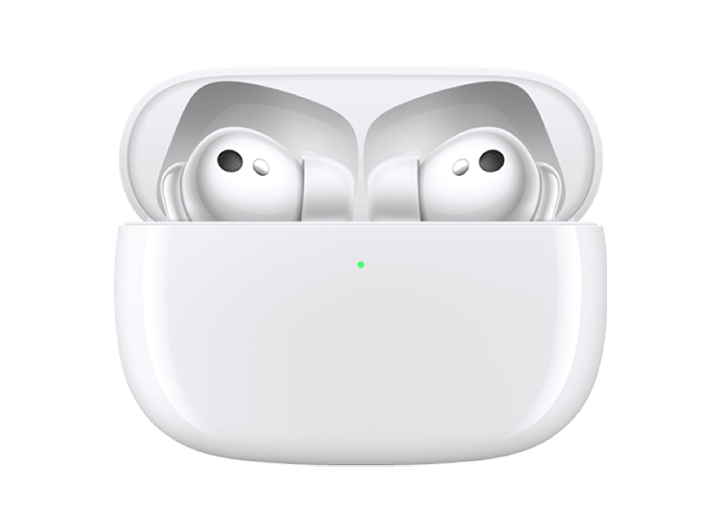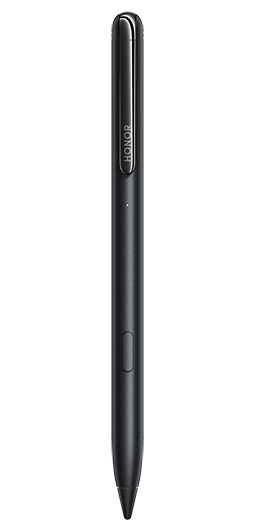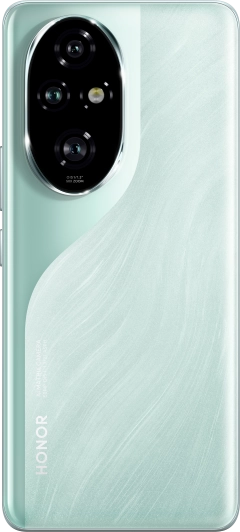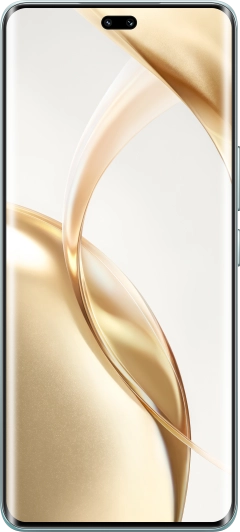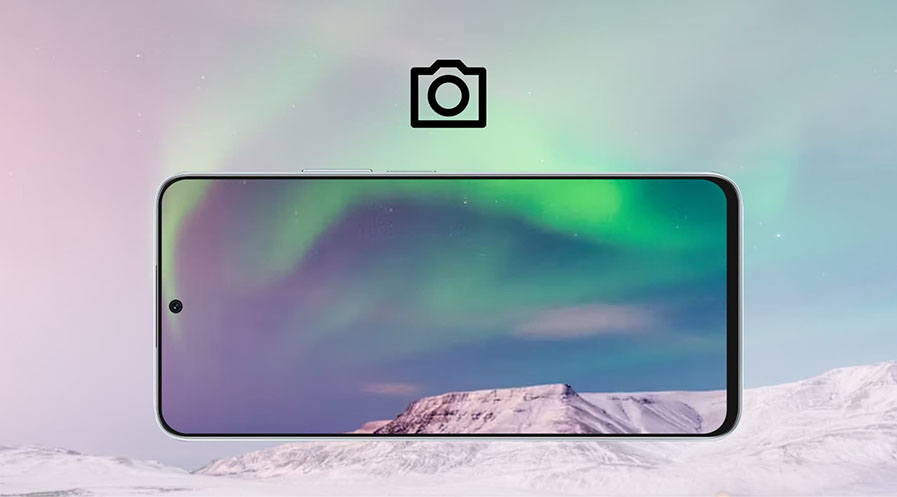TOP

我的荣耀 开启荣耀之旅
To log in to your account, you must first agree to the HONOR PLATFORM TERMS OF USE and HONOR Platform Privacy Statement . If you do not agree, you may only browse the site as a guest.
*You can unsubscribe at any time, Please see our Privacy Statement for details.
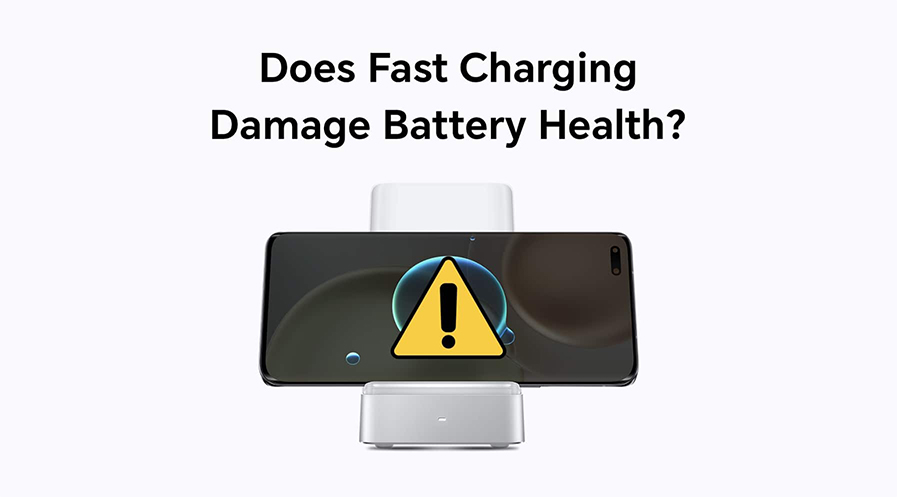
Does Fast Charging Damage Your Phone Battery? Find Out Here
Fast charging has drastically changed how we use smartphones, making it possible to power up in a fraction of the time it used to take. Whether you’re getting ready to leave the house or just want to top up quickly, fast charging offers the convenience that we’ve come to expect from our devices. However, with this innovation comes a common concern: does fast charging damage battery?
In this article, we’ll dive deep into how fast charging works, its potential effects on battery health, and actionable tips on how to keep your phone’s battery performing optimally for longer.
How Does Fast Charging Work?
Fast charging works by delivering higher wattage to your phone’s battery, allowing it to charge faster than with standard chargers. Regular chargers typically deliver around 5 watts, while fast chargers can provide anywhere from 15 to 100 watts, depending on the device.
For example, the HONOR Magic V3 supports 66W wired fast charging and 50W wireless charging, providing flexibility depending on your setup. With a large 5150mAh battery, this phone can charge rapidly without causing undue stress on the battery. HONOR’s intelligent charging system reduces power delivery as the battery approaches 100%, ensuring long-term battery health. The phone also boasts thermal management systems to keep the device cool during charging.
Is Fast Charging Harmful to Your Phone?
One of the most common questions smartphone users ask is: is fast charging harmful to your phone? In most cases, the answer is no. Modern smartphones are designed to manage power safely during fast charging, reducing the risks of overheating and overcharging.
For example, HONOR Phones feature intelligent systems that manage the charging process by slowing down the power delivery once the battery reaches around 80%. This protects the battery from overheating and prolongs its life. These built-in safeguards ensure that fast charging is safe, preventing damage to your phone’s battery over time.
Why Phone Batteries Gradually Lose Charge Capacity
Despite the improvements in charging technology, phone batteries will inevitably degrade over time. This degradation is not caused solely by fast charging but by the fundamental nature of lithium-ion batteries, which are used in most smartphones today. These batteries lose capacity gradually as they go through charge cycles. A charge cycle refers to using 100% of the battery, whether that’s done through one full charge from 0% to 100% or through several smaller charges adding up to 100%.
Typically, after about 500 charge cycles, a phone battery will start to show signs of reduced capacity. While fast charging accelerates the number of cycles, it's not the primary cause of degradation. What wears down the battery more quickly is frequent deep discharges (charging from 0% to 100%) and exposure to heat.
How Phones Mitigate Battery Damage
Today’s smartphones come equipped with features to mitigate battery damage from fast charging:
● Trickle Charging: Once your phone’s battery reaches around 80%, the charging speed is automatically reduced. This prevents overheating, which is one of the main contributors to battery degradation.
● Thermal Management Systems: Smartphones today constantly monitor their internal temperature, particularly during charging. If the phone starts to overheat, the system will either slow down or pause the charging process to allow the device to cool down. This ensures that the battery is not damaged by excessive heat during the charging process.
● AI Charging Optimization: Some phones learn your charging habits over time and adjust their charging patterns accordingly. For instance, if you frequently charge your phone overnight, the device will slow down the charging rate once it reaches a certain level, ensuring it doesn’t spend hours at 100%, which could strain the battery.
Common Mistakes to Avoid About Charging Your Phone
There are several common charging mistakes that can affect your battery’s health. Here are a few you should avoid:
1. Charging Overnight: Leaving your phone plugged in overnight can lead to overheating. Although many phones stop charging when they hit 100%, heat can still be generated if the phone remains connected for hours.
2. Using Non-Certified Chargers: Always use manufacturer-approved chargers or certified alternatives. Non-certified chargers can deliver the wrong power output, which may damage your phone's battery.
3. Letting Your Battery Drain Completely: Repeatedly allowing your phone to drain to 0% before recharging can shorten the battery’s lifespan. It’s better to recharge when your battery drops to around 20-30%.
Tips for Making Your Mobile Phone Battery Fit for Longer
Here are some tips to extend your battery’s lifespan:
1. Use Battery-Saving Features: Many phones have power-saving modes that limit background apps and reduce brightness, helping to preserve battery life.
2. Avoid Extreme Temperatures: Both high heat and cold temperatures can degrade your battery. Keep your phone out of direct sunlight and avoid leaving it in freezing conditions.
3. Turn Off Unused Features: Features like Wi-Fi, Bluetooth, and GPS can drain your battery even when you’re not using them. Turning them off when not needed will help save energy.
4. Alternate Between Fast and Regular Charging: You don’t always need to fast charge your phone. When you’re not in a rush, regular charging is gentler on the battery and can help extend its lifespan.
Conclusion
So, does fast charging damage battery? In short, no—fast charging, when managed by modern smartphones, does not significantly harm your phone's battery. Today’s devices are designed with intelligent charging systems that control power delivery, preventing overheating and overcharging, which are the primary causes of battery degradation.
By following smart charging habits—such as using certified chargers, avoiding extreme temperatures, and maintaining a reasonable charge range—you can safely enjoy the benefits of fast charging without compromising your battery’s long-term health.
FAQs
Can I use any fast charger for my phone?
No, not all fast chargers are compatible with every phone. Using a non-certified or incorrect charger can damage your battery by delivering the wrong power output. Always use the manufacturer’s recommended charger for safe, efficient charging.
Is wireless fast charging better than wired fast charging?
Wired fast charging is generally faster and more efficient than wireless charging. However, wireless charging is more convenient and can still charge your phone quickly. Just be aware that wireless charging generates more heat, which can wear out the battery faster if used excessively.
What happens if you charge a battery too fast?
Charging a battery too quickly can lead to overheating if the phone lacks proper management systems. However, modern smartphones are designed with safeguards that regulate power delivery, so fast charging is safe when using the proper charger.
Source: HONOR Club
Subscribe For Updates - Special Offers And More.
I agree to receive the latest offers and information on HONOR products through email or IM (e.g. WhatsApp) provided below and advertisement on third-party platforms. I understand that I can unsubscribe anytime according to Chapter 6 of HONOR Platform Privacy Statement .
Consumer hotline
8008440443 Sunday - Saturday, 9:00am-9:00pm
sa.support@honor.com
Copyright © HONOR 2017-2025.All rights reserved.
We use cookies and similar technologies to make our website work efficiently, as well as to analyze our website traffic and for advertising purposes.
By clicking on "Accept all cookies" you allow the storage of cookies on your device. For more information, take a look at our Cookie Policy.
Functional cookies are used to improve functionality and personalization, such as when playing videos or during live chats.
Analytical cookies provide information on how this site is used. This improves the user experience. The data collected is aggregated and made anonymous.
Advertising cookies provide information about user interactions with HONOR content. This helps us better understand the effectiveness of the content of our emails and our website.
















